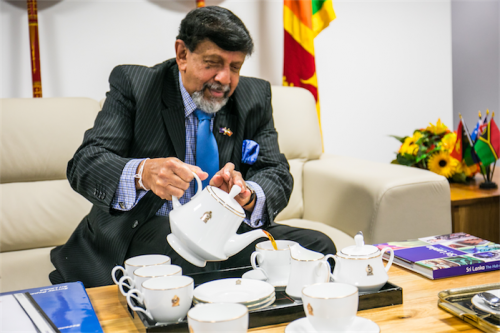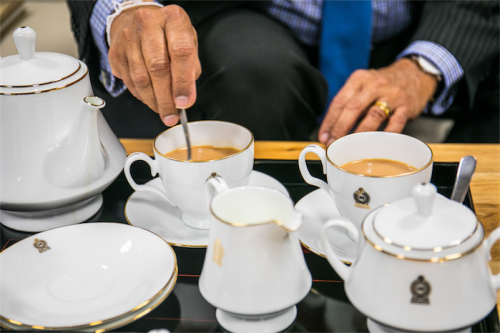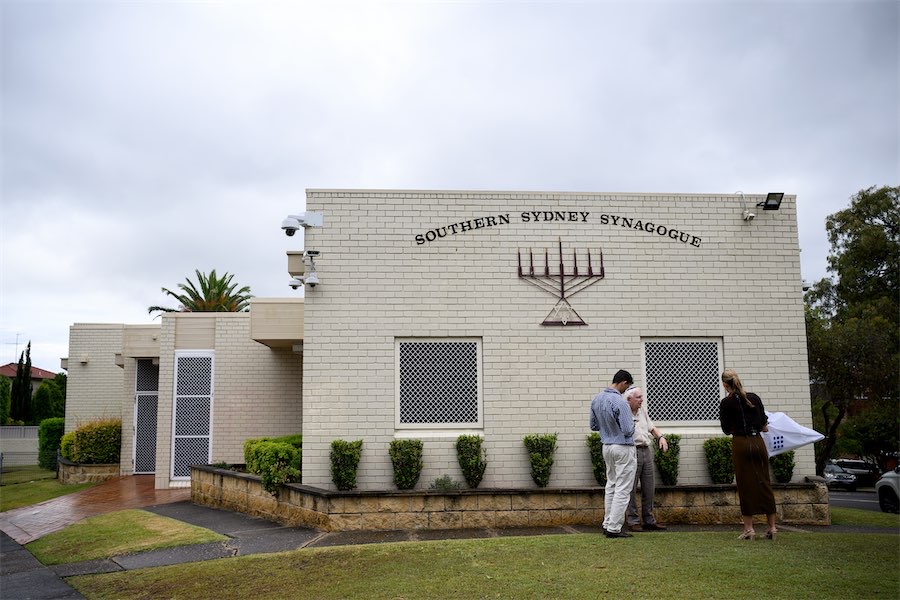
THE Sri Lankan High Commission will celebrate 150 years of the tea industry in its country with a global tea party across time zones.
High commissioner Somasundaram Skandakumar says the invitation-only tea party, which will be held on July 6 at the Sri Lankan high commission in Yarralumla, will be echoed at all 52 Sri Lankan diplomatic missions at precisely 5pm in each time zone around the world.
It’s been organised by the Sri Lanka Tea Board, which is the government’s main arm for promoting Ceylon tea, in collaboration with the Colombo Tea Traders’ Association.
“Tea is a pleasant beverage and has enormous health benefits,” Mr Somasundaram says.
Mr Somasundaram says tea was first brought to Sri Lanka in 1867 after a widespread blight destroyed coffee plantations and became a major industry in the country.
“I have a relationship with the tea industry, because I’m not a career diplomat – I come from a commercial background and worked with a company called George Steuart for 37 years, which in some ways pioneered the tea industry of Sri Lanka,” he says.
Mr Somasundaram says tea pioneer James Taylor was brought to British colonial Ceylon from England through the company and planted the first tea bush in 1867. He then went into commercial production and sold his first consignment in 1873 and the industry grew from there.
He estimates that 10 to 15 per cent of the working population in Sri Lanka are involved in the tea industry.
“This line of business creates vast employment opportunities, from plucking the tea on the plantation, the manufacturing process, the transport to the warehouses, the brokers, the buyers, the freight forwarders,” he says.
“Tea has been for years the mainstay of our economy, with plantations now spread over 230,000 hectares of land.”
Although there has been a slight downturn in the industry in recent times, says Mr Somasundaram, thanks to increasing costs, challenges in finding labour and a recent return to privatisation, he says that marking the sesquicentennial anniversary is particularly important because the industry is at a crossroads.
 “We face limitations on the price our tea can reach and have to evaluate whether we can absorb escalating production costs and whether we need to consider diversification or if mechanisation is the answer,” he says.
“We face limitations on the price our tea can reach and have to evaluate whether we can absorb escalating production costs and whether we need to consider diversification or if mechanisation is the answer,” he says.
“But we have an excellent set of people and the industry is being sustained in spite of these negatives. There are challenges ahead but we want to focus on and sustain the industry and celebrate how far we have come.
“At each gathering we will take our guests through the history of the industry and what it represents, the practical side of it, and then taste the flavours of the tea that’s made in each different elevation. We will also discuss the diverse nature of the tea we produce in Sri Lanka now, including green tea.
“We’ll also serve traditional sweet meats with our Ceylon tea, while explaining how it’s grown and brewed.
“We want to commemorate the landmark of an industry that has put us on the global map.”
Who can be trusted?
In a world of spin and confusion, there’s never been a more important time to support independent journalism in Canberra.
If you trust our work online and want to enforce the power of independent voices, I invite you to make a small contribution.
Every dollar of support is invested back into our journalism to help keep citynews.com.au strong and free.
Thank you,
Ian Meikle, editor




Leave a Reply